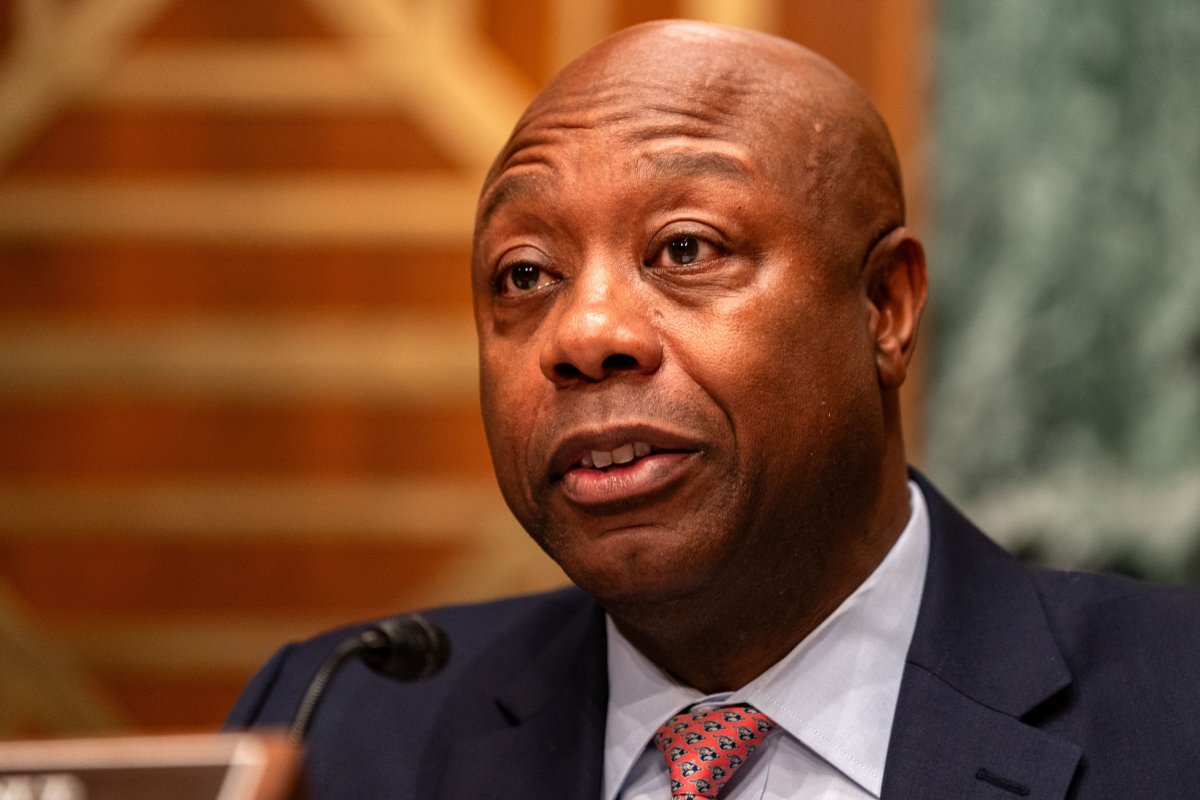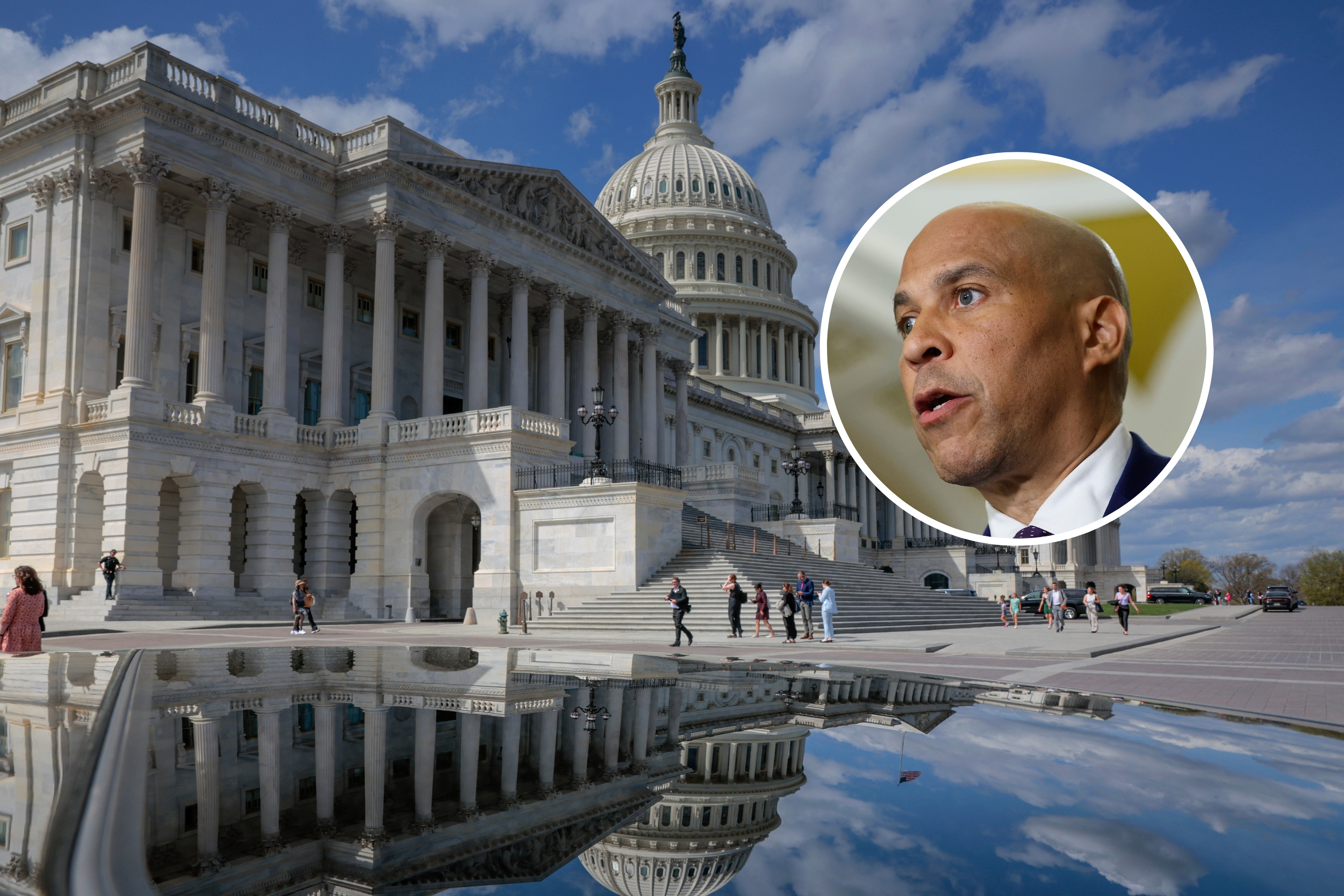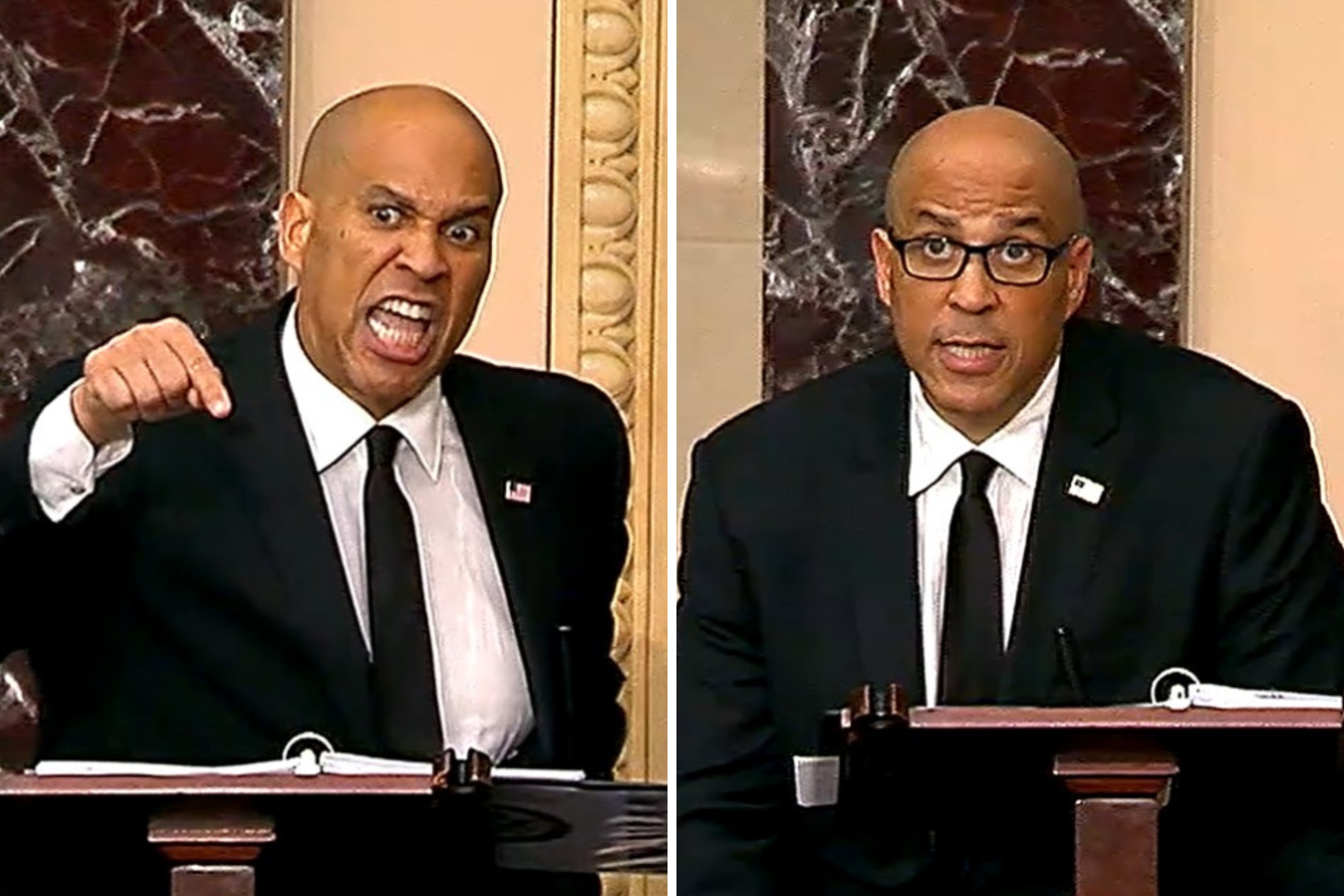The U.S. Senate has voted to overturn a Consumer Financial Protection Bureau (CFPB) ruling aimed at limiting excessive overdraft fees, a decision banks are hailing as a rollback of undue restrictions but consumer advocates see as potentially worsening the financial strains facing American families.
The Senate voted 52-48 to repeal the $5 cap on overdraft fees, with all Democrats opposing the measure and all Republicans, besides Missouri Senator Josh Hawley, supporting it.
Why It Matters
The decision to reverse the rule highlights the ongoing debate over the balance between consumer protection and banking industry regulation, and how Republicans' current control of Congress will shape the direction of consumer-related policy until at least 2026.
What To Know
The CFPB's rule sought to prevent banks from charging repeated fees when a customer's account is overdrawn multiple times in a short period.
The CFPB's rule, finalized in December and intended to take effect in late 2025, would have barred banks and credit unions from charging multiple fees on the same overdraft incident. It also prohibited those with assets exceeding $10 billion from charging overdraft fees greater than $5, compared to the typical $35 charge per transaction, unless they could demonstrate that higher fees are needed to offset the costs of processing customer overdrafts.

The resolution, sponsored by South Carolina Senator Tim Scott, was brought under the Congressional Review Act—a law permitting lawmakers to nullify federal regulations adopted under 60 days ago with a simple majority vote.
The American Bankers Association (ABA), which was pursuing legal action against the CFPB over the rule, considered it overly restrictive and an unnecessary disruption to traditional banking services. The ABA has applauded the Senate's disapproval, viewing it as a win for maintaining customer choice and banking flexibility.
However, consumer advocacy groups, such as the National Consumer Law Center (NCLC), condemned the Senate's decision, claiming it prioritizes bank profits over supporting low-income American families. They argue that excessive overdraft fees trap consumers in cycles of debt, disproportionately affecting vulnerable communities.
What People Are Saying
Rob Nichols, president and CEO of the American Bankers Association, in response to the vote, said: "We applaud today's Senate passage of the Congressional Review Act resolution nullifying the CFPB's unlawful overdraft rule and thank Senate Banking Committee Chairman Tim Scott for his leadership on this important issue.
"Without access to overdraft protection, many Americans would be driven to less regulated and higher risk non-bank lenders to cover unexpected or emergency expenses. If implemented, the CFPB's eleventh-hour rule imposing government price controls would force many banks to limit or eliminate overdraft protection as we know it. In adopting the rule, the Bureau ignored the majority of Americans who have consistently said they value the service and think it's reasonable for banks to charge a fee for overdrafts."
Lauren Saunders, associate director of the National Consumer Law Center, in a statement released on Thursday: "Senate Republicans just voted to block real relief for families hit with high prices to pad the profits of big banks like Chase and Wells Fargo and overdraft abusers like Navy Federal Credit Union, which take billions in junk fees from families and servicemembers just trying to make ends meet."
"The CFPB's overdraft fee rule would put $5 billion back into the pockets of everyday people at a time when relief is desperately needed," Saunders added. "Congress should be laser-focused on addressing high costs and inflation, not increasing profit margins at big banks on the backs of hard-working families."

Republican Senator Tim Scott, chair of the Senate Banking Committee, said: "Your bank account goes beyond zero, you have to pay a fee, your bills are paid. Some people will say that people who live paycheck to paycheck use their overdraft option to pay their rent.
"So, when you start capping this fee structure, you start eliminating overdraft. You start eliminating the possibility of people working paycheck to paycheck to make the decision to continue to use their resources in the most effective way."
What Happens Next
The resolution now heads to the House, where the Financial Services Committee recently approved a parallel bill introduced by Arkansas Representative French Hill.
fairness meter
About the writer
Hugh Cameron is Newsweek U.S. news reporter based in London, U.K. with a focus on covering American economic and business ... Read more




